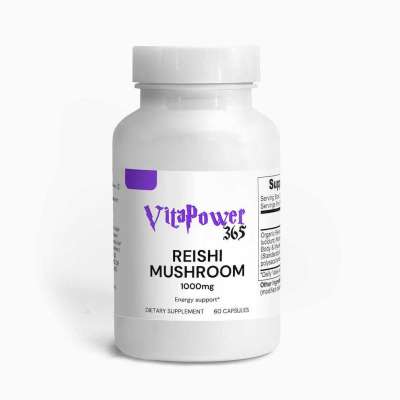Hydrochloric Acid Market: Dynamics, Scope and Future Outlook
Introduction:
Hydrochloric acid, a strong and highly corrosive acid, plays a pivotal role in various industrial applications, ranging from chemical manufacturing to steel production. The Hydrochloric Acid market is witnessing steady growth, driven by its indispensable role in diverse sectors. This article explores the key aspects of the Hydrochloric Acid market, including its production, applications, market trends, and future prospects.
Production and Composition:
Hydrochloric acid, often referred to as muriatic acid, is produced by dissolving hydrogen chloride (HCl) gas in water. This results in a solution with varying concentrations, with industrial-grade hydrochloric acid typically having concentrations ranging from 30% to 38%. The corrosive nature of the acid is attributed to its ability to release hydrogen ions when dissolved in water, making it a powerful and versatile chemical.
Applications Across Industries:
Chemical Manufacturing:
Hydrochloric acid is a fundamental raw material in the production of various chemicals, including chlorine, dichloroethane, and vinyl chloride. It serves as a catalyst in several chemical processes and is integral to the synthesis of numerous chemical compounds.
Steel Pickling:
In the steel industry, hydrochloric acid is used for pickling and removing oxides, rust, and scale from steel surfaces. This process, known as steel pickling, prepares the steel for further processing and improves its surface finish.
Food Processing:
Hydrochloric acid is employed in the food industry for pH control and as a regulator in the production of certain food products. It plays a critical role in ensuring the desired acidity levels in various food and beverage applications.
Water Treatment:
The acid is utilized in water treatment processes to adjust pH levels and remove impurities. It is effective in neutralizing alkaline substances and plays a role in wastewater treatment plants.
Market Trends and Drivers:
Increasing Industrialization:
The rapid pace of industrialization globally, especially in emerging economies, is driving the demand for hydrochloric acid. Industries such as chemicals, steel, and manufacturing rely heavily on the acid for their processes.
Growing Demand in Construction and Infrastructure:
The construction sector's expansion, coupled with infrastructure development projects, contributes to the rising demand for steel, thereby boosting the need for hydrochloric acid in steel pickling.
Water Treatment and Environmental Regulations:
Stringent environmental regulations regarding wastewater treatment and industrial emissions drive the adoption of hydrochloric acid in compliance with regulatory standards. Its role in neutralizing alkaline substances in water treatment aligns with these environmental mandates.
Future Prospects:
The Hydrochloric Acid market is expected to maintain a positive growth trajectory. As industries continue to evolve, the demand for this versatile acid is likely to persist. Ongoing research and development activities may lead to innovations in production processes, making hydrochloric acid more sustainable and environmentally friendly.
Conclusion:
Hydrochloric acid's significance across a spectrum of industries underscores its versatility and irreplaceable role in various manufacturing processes. As industrial activities and infrastructure projects continue to expand globally, the Hydrochloric Acid market is poised for sustained growth, driven by its indispensable applications and adaptability to evolving industry needs. The acid's impact extends beyond its corrosive nature, shaping the landscape of multiple sectors and contributing to the advancement of industrial processes.
Access Full Report Description with Research Methodology and Table of Content @ https://www.reportsanddata.com..../report-detail/hydro
Like
Comment
Share











